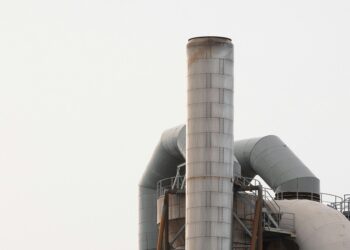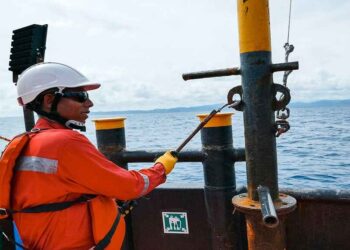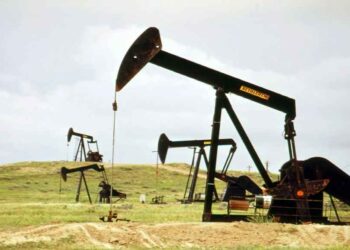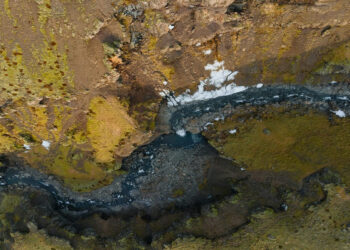The Banda gas field is located in production sharing contracts (PSC) A and PSC B, approximately 55km offshore Nouakchott and around 20km east of the Chinguetti oil field, at depths of approximately 200m-325m below sea level.
The gas field’s development forms part of the larger Banda Gas to Power project, which envisions the construction of a 120MW combined cycle power plant and a 180MW dual-fuel thermal gas-fired power plant, to be located north of Nouakchott, as well as installation of transmission lines. Gas will be fed from the Banda field to these power plants to generate electricity. The construction of the power plants and the transmission lines will be overseen by Societe de Production d’Electricite a partir du Gaz (SPEG).
The gas field was declared commercial in September 2012 and the environmental impact assessment (EIA) and front end engineering and design (FEED) were completed in the first half of 2013. The project approval is expected to be granted in the first half of 2015 and first production is slated for 2016.
Ownership and reserves
“The Banda gas field is estimated to hold approximately one trillion cubic feet of gas.”
Tullow Petroleum Mauritania (Tullow), a fully owned subsidiary of Tullow Oil, took over the operatorship of the field from Petronas in November 2011. Tullow’s share in the field is 67%, while the other partners in the field development include Petronas (15%), Kufpec (13%) and Premier Oil (5%). Premier acquired its interest in the field from Fusion Oil & Gas in 2003.
The Banda gas field is estimated to hold approximately one trillion cubic feet of gas. Production rate from the field is estimated at 65 million standard cubic feet per day over its estimated lifespan of more than 20 years.
Banda gas field discovery
The gas field was discovered by Woodside by drilling the Banda 1 discovery well in 2002. Petronas took over the operatorship of the field in September 2007 and performed the drilling of the appraisal wells.
Drilling of the Banda NW ST-1 appraisal well to a total depth of 2,727m was completed using the Atwood Hunter semi-submersible drilling rig in May 2008. The well encountered an 85m gross gas column, with 15m (18%) of net gas pay, a 15m gross oil column and 10m of net oil pay (67%). The Banda East appraisal well was spudded in October 2008. The well encountered an 86m gross gas column and a 19m gross oil column with 29m of net reservoir.
Gas field development plan
The development will involve the drilling of two production wells, which will be tied back via a single four-slot subsea production manifold and a 75km-long and ten-inch-diameter subsea pipeline to an onshore gas processing plant to be located approximately nine kilometres to the north of the City of Nouakchott and six kilometres inland.
Kipper Tuna Turrum Project, Gippsland Basin
Kipper Tuna Turrum (KTT) Project is a $4.5bn project located off the Victorian coast in the Gippsland Basin.
An umbilical will be laid traversing the entire route of the subsea pipeline to supply power and communications, including hydraulic control fluids, to the subsea wells. A 5.6km onshore pipeline will also be laid to transport the gas from the offshore pipeline landfall to the onshore gas plant, from where the processed gas will further be conveyed to SPEG’s new power plants.
The two subsea wells will be drilled from a single drill centre using a moored semi-submersible mobile offshore drilling unit (MODU). The subsea facilities will cover a seafloor area of approximately 750,600m².
The control system of the subsea facilities will be fully integrated with the integrated control and safety system (ICSS) of the onshore gas plant.
Plans are also in progress to develop the Tevet oil field in PSC B, which has reserves of around 69 billion cubic feet, using the facilities at the Banda gas field.
Financing and sale of power
The World Bank and the French Development Agency (AFD) are providing a $261m loan, while the Multilateral Investment Guarantee Agency (MIGA) is providing a $585m loan for funding the Banda Gas to Power project.
Up to 125MW of power from the project will be sold to the mining companies in Mauritania, including 25MW to Kinross and 15MW to the National Company of Industries and Mines in Mauritania (SNIM), while 95MW will be sold to households and other businesses through the National Power Utility (SOMELEC). Up to 125MW of power will be exported to Senegal and the remaining 50MW to Mali.

















































